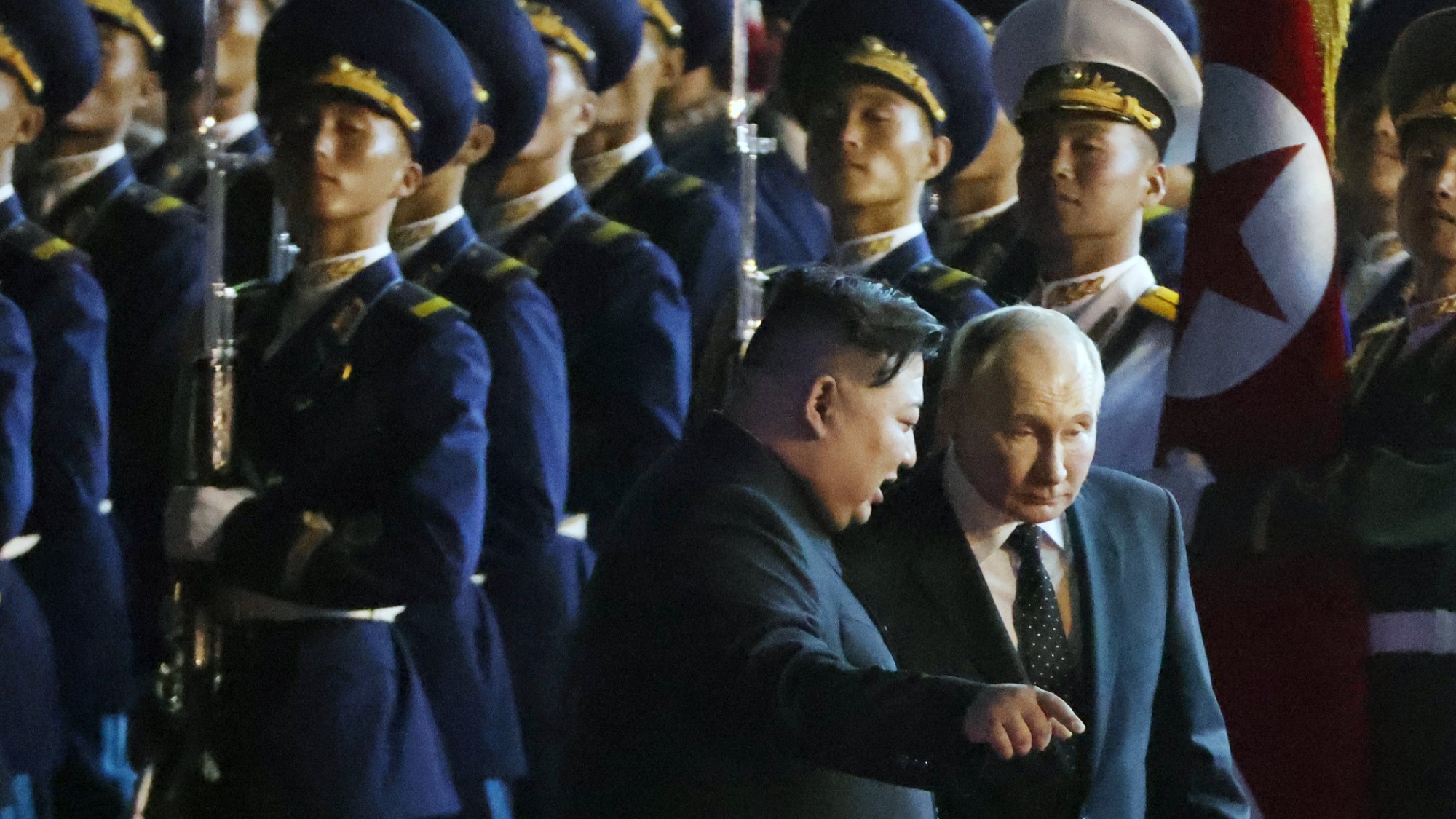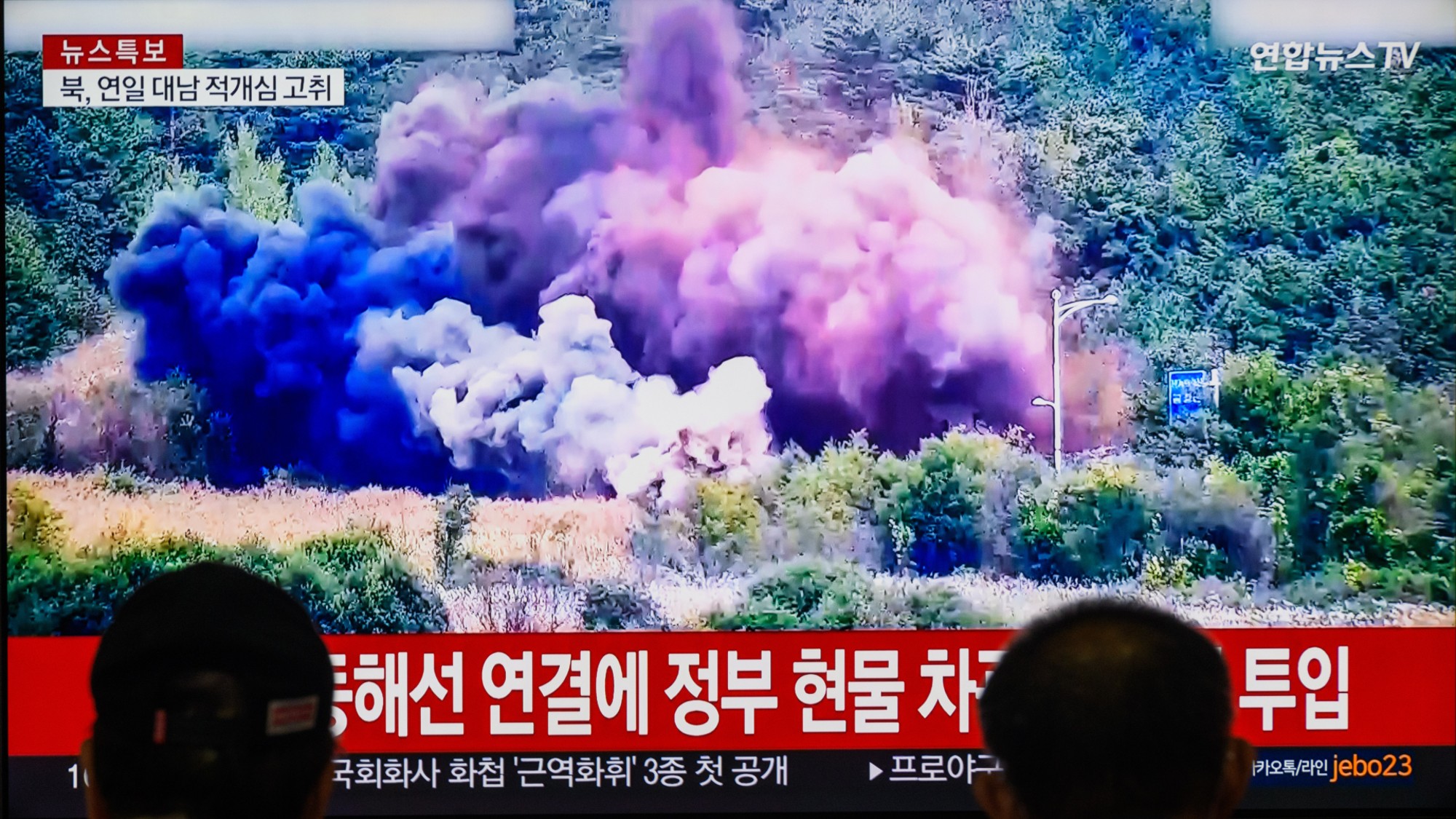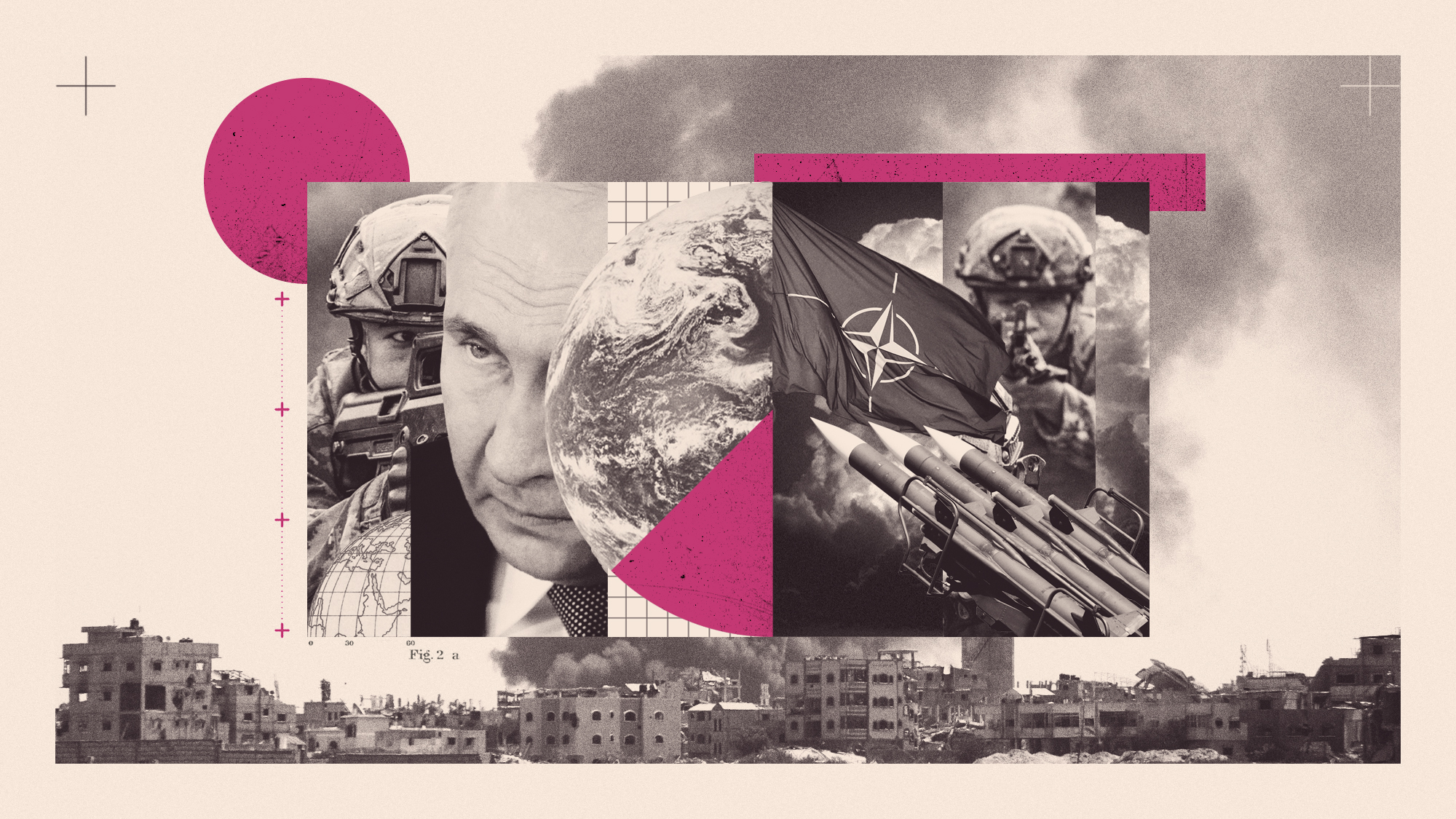A U.S.-North Korea stalemate means no more war remains will return to America

A free daily email with the biggest news stories of the day – and the best features from TheWeek.com
You are now subscribed
Your newsletter sign-up was successful
The Korean War is often referred to as the "forgotten war" in the United States, and it seems, unfortunately, that the moniker still fits, as contemporary geopolitical theater takes precedent.
Amid all the noise emanating from the summit between President Trump and North Korea's Kim Jong Un in Hanoi in February — including the North Korean military reportedly growing restless — the U.S. Defense Department announced the end of a quieter, more somber agreement that was previously reached between the two countries.
The agreement, signed during Trump and Kim's first summit in Singapore last year, set up parallel programs to recover and return to the U.S. the remains of thousands of service members killed during the Korean War, which, while still technically a conflict, has not seen fighting in 65 years after an armistice was signed. The program resulted in North Korea returning 55 boxes of presumed remains of deceased U.S. soldiers killed during the war. Trump thanked Kim specifically for this aspect of the agreement.
The Week
Escape your echo chamber. Get the facts behind the news, plus analysis from multiple perspectives.

Sign up for The Week's Free Newsletters
From our morning news briefing to a weekly Good News Newsletter, get the best of The Week delivered directly to your inbox.
From our morning news briefing to a weekly Good News Newsletter, get the best of The Week delivered directly to your inbox.
But the Pentagon said on Wednesday that the military has suspended efforts to recover the remains of thousands of service members. After the talks in Hanoi stalled, the North Korean program stopped communicating with U.S. officials.
While the recovery of more remains will, for the time being, no longer take place, the U.S. military will continue to try to identify the remains that have been recovered already. The military had also repatriated 64 sets of remains of South Korean service members who died during the conflict.
A free daily email with the biggest news stories of the day – and the best features from TheWeek.com
Tim is a staff writer at The Week and has contributed to Bedford and Bowery and The New York Transatlantic. He is a graduate of Occidental College and NYU's journalism school. Tim enjoys writing about baseball, Europe, and extinct megafauna. He lives in New York City.
-
 The broken water companies failing England and Wales
The broken water companies failing England and WalesExplainer With rising bills, deteriorating river health and a lack of investment, regulators face an uphill battle to stabilise the industry
-
 A thrilling foodie city in northern Japan
A thrilling foodie city in northern JapanThe Week Recommends The food scene here is ‘unspoilt’ and ‘fun’
-
 Are AI bots conspiring against us?
Are AI bots conspiring against us?Talking Point Moltbook, the AI social network where humans are banned, may be the tip of the iceberg
-
 Did Trump just end the US-Europe alliance?
Did Trump just end the US-Europe alliance?Today's Big Question New US national security policy drops ‘grenade’ on Europe and should serve as ‘the mother of all wake-up calls’
-
 The North Korean troops readying for deployment in Ukraine
The North Korean troops readying for deployment in UkraineThe Explainer Third country wading into conflict would be 'the first step to a world war' Volodymyr Zelenskyy has warned
-
 What's happening at the North Korea border?
What's happening at the North Korea border?The Explainer Tensions rise as hermit kingdom blows up 'symbolic' roads after accusing Seoul of flying drones over Pyongyang
-
 How would we know if World War Three had started?
How would we know if World War Three had started?In depth Most of us probably won’t realise that we are in a global conflict – at first
-
 British warship repels 'largest Houthi attack to date' in the Red Sea
British warship repels 'largest Houthi attack to date' in the Red SeaSpeed read Western allies warn of military response to Iranian-backed Yemeni rebels if attacks on ships continue
-
 Houthi rebels claim Red Sea ship attacks
Houthi rebels claim Red Sea ship attacksspeed read Iran-backed Yemeni group vows to escalate aggression towards Israel-linked vessels in revenge for Gaza war
-
 Israel plans next phase of Gaza war as first hostages released
Israel plans next phase of Gaza war as first hostages releasedSpeed read After four-day ceasefire 'we will not stop' until destruction of Hamas, says Israel
-
 Mob storms Russian airport 'looking for Jews'
Mob storms Russian airport 'looking for Jews'Speed Read Plane from Israel surrounded by rioters chanting antisemitic slogans after landing in Russia's Dagestan region
